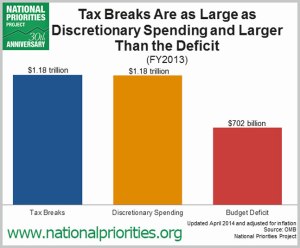But let’s do it anyway, shall we? Let’s eliminate family farms despite the fact that on only 25% of the planet’s arable land, family farms provide about 70% of the world’s food while the industrial farms of Big Agro own 75% of the land and produce only 30% of the food supply.
Yessir, that’s the right system for us.
The world is increasingly hungry because small farmers are losing access to farmland. Small farmers produce most of the world’s food but are now squeezed onto less than 25 percent of the world’s farmland, a new report reveals. Corporate and commercial farms, big biofuel operations and land speculators are pushing millions off their land.
“Small farmers are losing land at a tremendous rate. It’s a land reform movement in reverse,” said Henk Hobbelink, coordinator of GRAIN, an international non-profit organisation that works to support small farmers, which released the report Thursday.
Nothing about this way of handling a basic human need makes sense. The rationale for allowing industrial farming has always been its supposed efficiency and ability to increase the food supply. Yet a new study by the UN’s Food and Agriculture Organization shows quite clearly that industrial agriculture is inefficient, wasteful, dangerous, and a breeding ground for speculators. So why are we doing it? All over the world?
If all farms in Central America matched the output of small farms the region would produce three times as much food, the report said.
“Every day we are exposed to the systematic expulsion from our land,” said Marina Dos Santos of the National Coordination of the Brazilian Landless Movement.
We’re doing it because we’ve given up fighting the money. They own the world’s governments, they make the rules, they do whatever makes the most profit the quickest, and we get out of their way and let them do it even though it means destroying more than building and we get starved in the process.
Might be we ought to reconsider that strategy before we’re all living on cat food.


